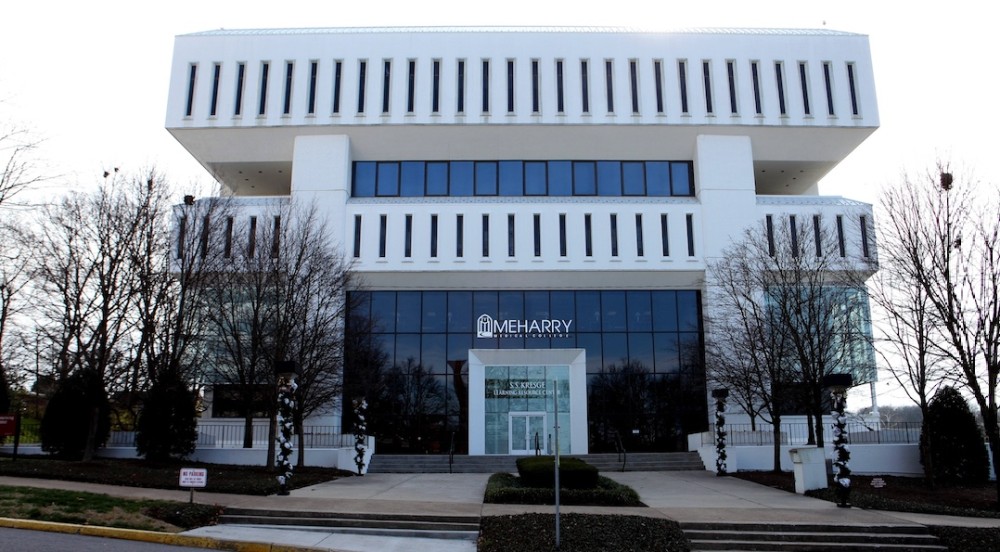In October of 1990 the U.S. Department of Energy, in collaboration with the National Institutes of Health (NIH), undertook what is considered to be one of the greatest scientific achievements of our time. Over the course of 13 years, scientists from around the world worked together to pinpoint the sequences of nearly all the genetic contents of the human genome.
The initiative known as the Human Genome Project advanced genetic tracing and paved the way for DNA testing companies like Ancestry, 23 and Me, and My Heritage. But despite its intention to further inform scientists of specific genes involved in rare and common diseases, there remains significant gaps in the field of genomics—particularly as it relates to African Americans.
Last week, the Chan Zuckerberg Initiative, a philanthropic organization founded by Meta CEO Mark Zuckerberg and his wife Priscilla Chan, announced a partnership with the nation’s four Historically Black Medical Colleges (HBMCs) to further support cutting-edge scientific research to address these significant gaps in genomics.
“It’s important to underscore that for Black Americans, there is a large gap between representation and need in genomics research, and the time is now to support the intersection of genomics and health differences research that will advance science,” says CZI’s Senior Science Advisor, Hannah Valantine.
It’s no secret that the relationship between Black Americans and organized medicine has long been a thorny one. Both our involuntary participation in and our intentional exclusion from scientific research has led to significant health disparities and disappointing health outcomes. Chronic conditions such as asthma and obseity, life-threatening illnesses like heart disease, cancer and pregnancy-related complications are just some of the health issues that afflict African Americans at rates that far exceed our white counterparts.
Though we suffer in greater numbers, the vast majority of genomic data that scientists have collected focus on people of European descent. And as the field of genetic-based precision medicine grows, this could have negative consequences for racial and ethnic groups. By partnering with HBMC’s, CZI’s hope is to develop treatment and prevention strategies that are based on patient’s unique backgrounds and conditions. Instead of taking a blanketed approach, their goal is to target specific populations and address their particular needs.
“Research shows that expanding representation leads to innovative discoveries,” Valentine asserts. “Actively engaging HBMCs and the communities they serve in genomics research is a necessary approach to harness new perspectives that will fuel creative interdisciplinary research, unleash innovations that have yet to be conceived, and accelerate precision health equity.”
CZI’s Accelerate Precision Health (APH) program will award $46 million in total funding to these medical institutions. Charles Drew University College of Medicine in Los Angeles, California; Howard University College of Medicine in Washington, D.C.; Meharry Medical College in Nashville, Tennessee; and Morehouse School of Medicine in Atlanta, Georgia will each receive $11.5 million over the course of the next five years. Howard University shared that the funding will allow the University to expand research in the genome field, bring on renowned faculty, fund post-doctoral fellows and support grant writing for future initiatives.
“The Howard University College of Medicine and other HBCU medical schools play a critical role as leaders in advanced medical research, resulting in significant improvements in health outcomes for African Americans and other people of color,” says Howard University President, Dr. Wayne A. I. Frederick.
Dr. David M. Carlisle, President and CEO of Charles R. Drew University of Medicine and Science agrees, adding, “This endeavor to address humanity’s most pressing health issues through research, regardless of color, ethnicity, gender, or other factors, is nothing short of a bold and stunning step towards achieving true health equity.”













